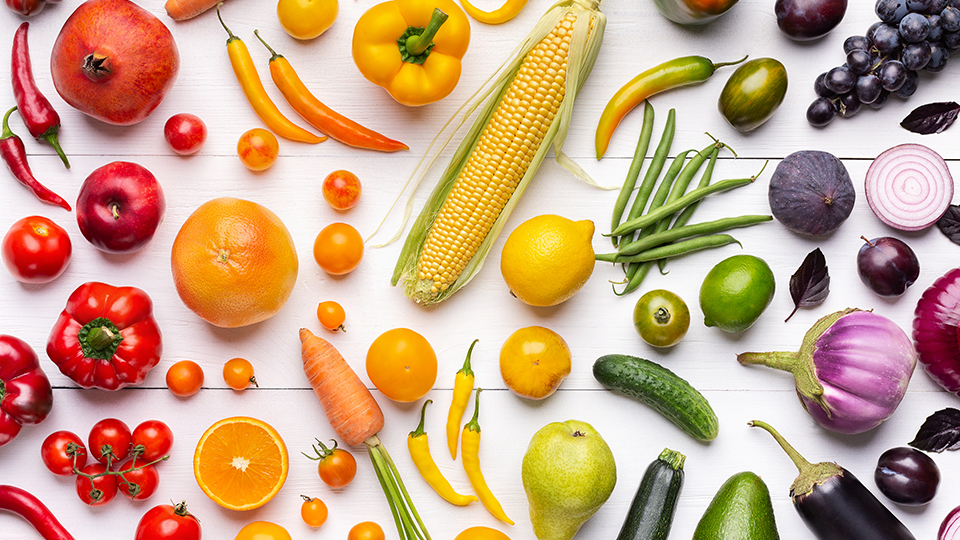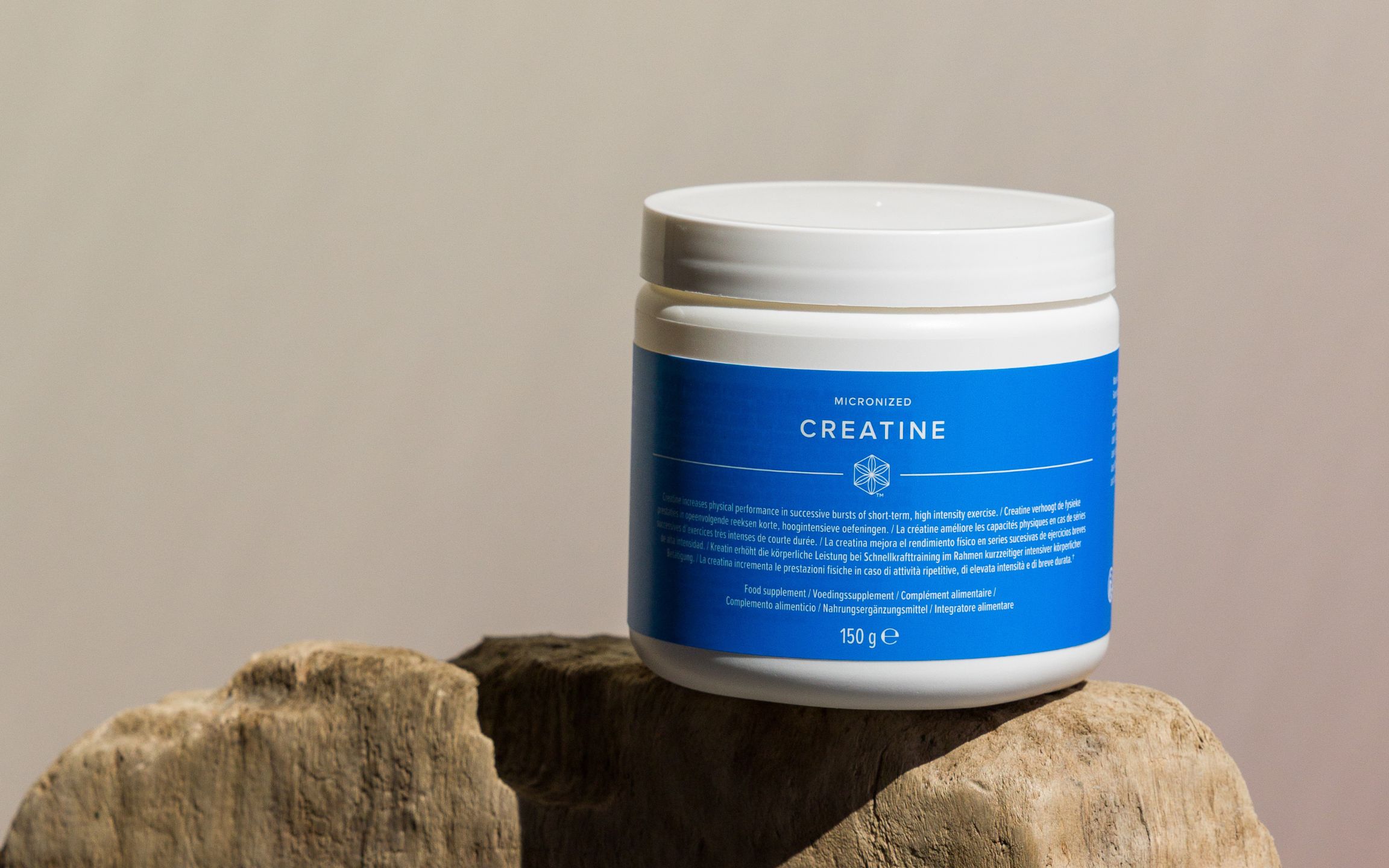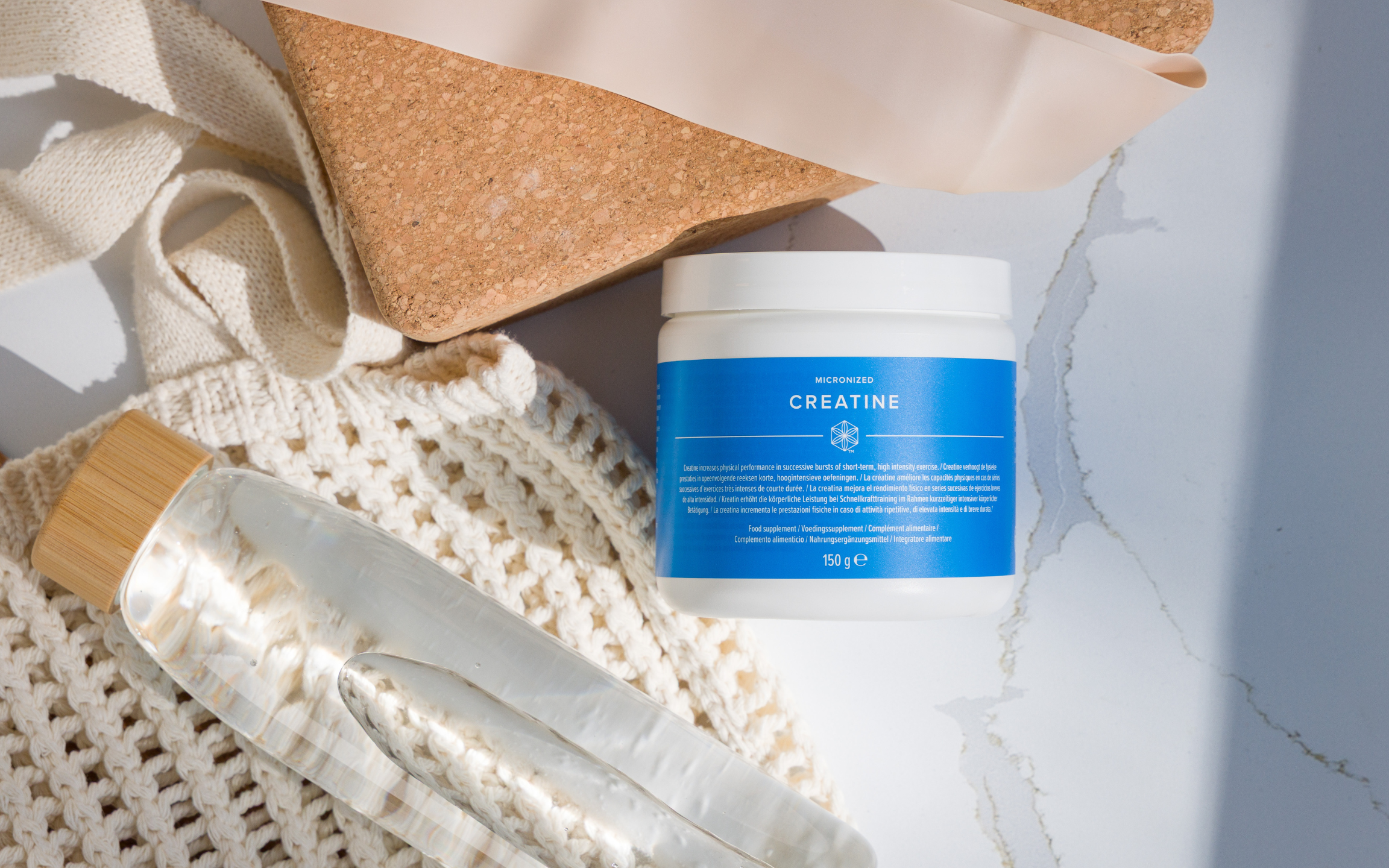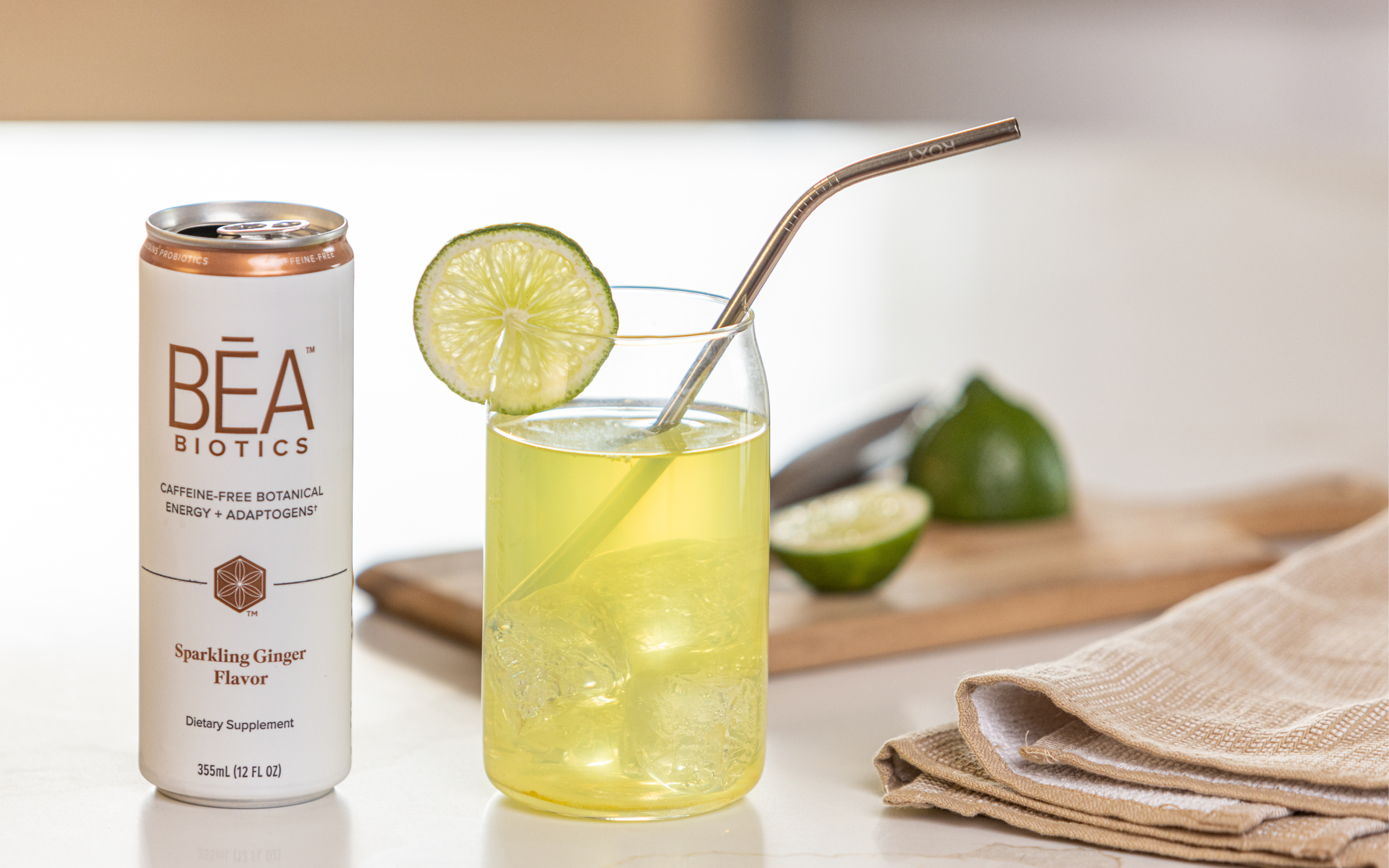Phytonutrients: are you getting yours?
November 7, 2019,
isagenix

We all know that eating our fruits and vegetables is good for us. They supply needed vitamins and minerals and fibre, but another way that fruits and vegetables benefit our health is through phytonutrients.
Phytonutrients are unique compounds found in fruits, vegetables, and other plant-based foods that have positive effects on our health. There are several thousand phytonutrient compounds that can be found in plant-based foods, and each one supports our bodies in its own way (1). Carotenoids and flavonoids are two groups of phytonutrients that offer valuable benefits for overall health.
Carotenoids
Carotenoids are among the most abundant phytonutrients. Good sources can be easy to identify since they colour fruits and vegetables with vivid red, orange, and yellow hues. Dark green vegetables are also rich sources of carotenoid phytonutrients.
Two especially beneficial carotenoids are beta carotene and lycopene.
Beta carotene is a carotenoid that can be converted to vitamin A in the body and has antioxidant properties. Our bodies need vitamin A for several functions, including the maintenance of blood vessels, the immune system, and the retina of the eye (2).
Unlike beta carotene, lycopene cannot be readily converted to vitamin A in the body. However, lycopene is a powerful phytonutrient that has been linked to a variety of benefits for overall health (3).
How do I add this to my diet?
Make sure you are getting your carotenoids by enjoying a variety of yellow, orange, red, and dark green vegetables every week. Snack on carrot sticks or red and yellow sweet peppers. Stir some spinach into pasta sauce, or serve roasted sweet potato wedges as a side dish.
Flavonoids
Flavonoids are a second important group of phytonutrients. They are found in foods such as berries, citrus fruits, and cacao. Flavonoids are key nutrients for supporting cardiovascular health in addition to a variety of other benefits for well–being. Two of these health-promoting compounds include citrus bioflavonoids and resveratrol.
Citrus bioflavonoids provide strong support for healthy blood vessels. They work together with vitamin C to help defend the body’s cardiovascular system from the cellular harm of free radicals (4).
Resveratrol may be best known as the flavonoid found in red wine since it’s naturally produced in the skin of red grapes. It can also be found in small amounts in berries, cacao, and even some nuts. It’s an especially well-studied phytonutrient because of its support for metabolism and healthy aging (5).
How do I add this to my diet?
You can boost your flavonoid intake by enjoying foods like citrus fruits and berries. Add orange slices to your salads, use fresh lime juice to make a zesty marinade, or blend a handful of berries into your morning shake.
Phytonutrient Powerhouse
Many of the benefits we receive by eating fruits and vegetables are powered by the phytonutrients they contain. These plant compounds promote well-being in many ways. Because of the important role they play in supporting good health, you’ll want to make sure you’re getting your phytonutrients every day.
However, even though most of us know how many portions of fruits and vegetables we should be having each day, only 30% of the population are consuming enough (6). Common reasons people give for not consuming enough fruit and veg include lack of time to shop, prepare and cook, as well as short shelf life of products.
What’s a simple way to get these nutrients every day?
Some easy ways to include more of these nutritious foods in your diet include always keeping frozen varieties in your freezer, include more veg with every meal, and eat what’s in season so you’re always trying new foods (this helps to keep costs down too!).
References
-
Liu RH. Health benefits of fruit and vegetables are from additive and synergistic combinations of phytochemicals. AJCN. 2003;78:517S-520S.
-
Potter AR. Reducing Vitamin A Deficiency: Could Save the Eyesight and Lives of Countless Children. BMJ, 1997;314:317-318
-
Kalai Selvan V, Vijayakuman A, Suresh Kumar K, Gyanedra Nath Singh. Lycopene’s Effects on Health and Diseases: A Comprehensive Review of the Literature. Nat Med J. 2011; 3(3):1
-
Barreca D, Gattuso G, Bellocco E, Calderaro A, Trombetta D, Smeriglio A, Laganà G, Daglia M, Meneghini S, Nabavi SM. Flavanones: Citrus phytochemical with health-promoting properties. Biofactors. 2017 Jul 8;43(4):495-506.
-
Singh AP, Singh R, Verma SS, Rai V, Kaschula CH, Maiti P, Gupta SC. Health benefits of resveratrol: Evidence from clinical studies. Med Res Rev. 2019 Sep;39(5):1851-1891.
-
National Diet and Nutrition Survey. Results from Years 7-8 (combined) of the Rolling Programme (2014/15 to 2015/16). Available at: https://assets.publishing.service.gov.uk/government/uploads/system/uploads/attachment_data/file/699241/NDNS_results_years_7_and_8.pdf(accessed 9th September 2019)




